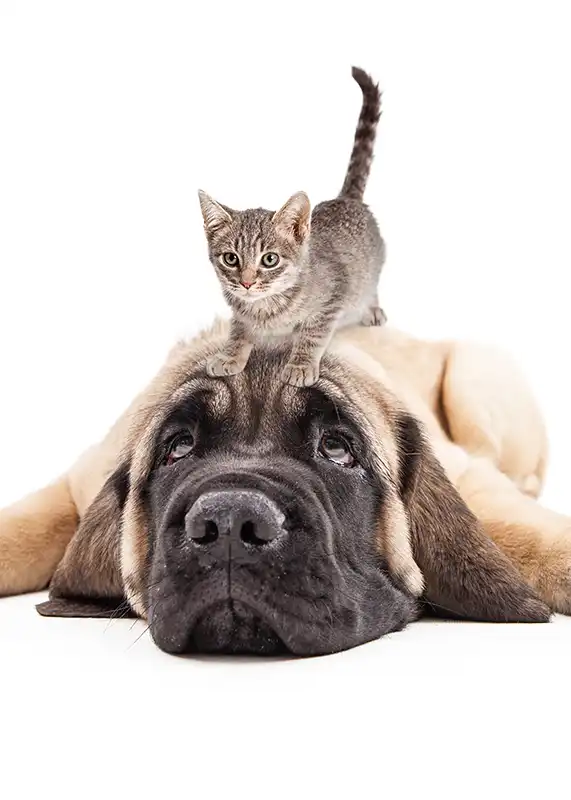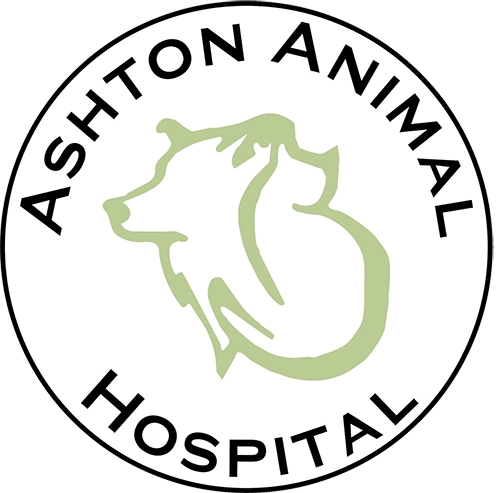Bringing a rescue dog or cat into your life is one of the most rewarding decisions you can make. At Ashton Animal Hospital, your trusted veterinary clinic in Downey, CA, we know adopting a furry friend comes with both excitement and questions. Whether you’ve searched for a vet near me to prepare for adoption or want to learn how to make your new four-legged buddy feel at home, this guide will walk you through what to expect.
The Joy of Adoption: Why Rescue Pets Make Amazing Companions
Choosing to adopt a rescue pet means saving a life while gaining a loyal friend. Your adopted dog or cat often knows they’ve been given a second chance and will return your kindness with endless affection. Many rescue pets have already lived in homes and understand basic routines, making their transition smoother. Your new furry pal might take a little time to adjust, but with patience, love, and the help of your local veterinarians, your bond will grow strong.
Preparing Your Home for Your New Furry Bestie
Before bringing Fluffy or Fido home, set up a safe, calm environment. This reduces stress and helps them settle in comfortably. Gather these supplies to be ready:
- A cozy bed or room where your furry pal can rest undisturbed
- Food and water bowls placed in a quiet area
- Litter box for your feline companion
- Collar with an ID tag and a sturdy leash for your canine buddy
- Scratching posts for your kitty to satisfy natural instincts
Spend time exploring each room from your pet’s perspective. Remove anything toxic, small or sharp items, and things they might swallow; secure cords; and block off unsafe areas. Remember, curiosity is natural, and safety is key.
The Importance of a Vet Visit After Adoption
Scheduling an initial health check at a veterinary clinic near me is crucial. Your veterinarian will:
- Perform a nose-to-tail exam
- Check vaccination records and update as needed
- Discuss parasite prevention
- Recommend diet adjustments if necessary
Your veterinary team will also answer questions about behavior, training, and integrating your fourlegged friend with other pets or children. Many rescue pets need reassurance during their first weeks, and guidance from vets can make the process smoother for everyone.
Helping Your Newly Adopted Dog Adjust
Bringing home your canine friend can feel overwhelming at first. Give Fido time to decompress in a quiet space. Avoid crowded parks or pet stores in the first week. Instead, create a calm routine with:
- Consistent feeding times
- Short walks to build confidence
- Positive reinforcement for calm behaviors
Training classes can also help your canine companion build social skills and obedience in a structured way. Talk to your veterinarian about local trainers who use positive, fear-free methods.
If you have another pup, you’ll want to take your time introducing your new pals. You can learn more about introducing two dogs on the ASPCA site here.
Helping Your Newly Adopted Cat Feel at Home
Cats are often cautious when entering a new space. Set up a single quiet room as a sanctuary. Include:
- A comfy bed or blanket
- Food and water placed away from the litter box
- Hiding spots like cardboard boxes or cat caves
Let your kitty come to you. Avoid forced interactions; instead, sit nearby and offer treats or gentle toys. Gradually open access to the rest of your home once your feline overlord seems relaxed and curious. Read more about bonding with a cat at the PetMD website here.
Integrating Your Rescue Pet With Other Pets
If you already have pets, introductions should be slow and supervised. Keep your furry bestie separated for the first few days. Exchange bedding to familiarize scents. When ready, let them see each other through a gate or cracked door. Reward calm behavior with praise and treats. Rushed introductions can create fear or aggression, so patience is key.
Long-Term Care: Building a Healthy Routine
Your rescue dog or cat will thrive with structure, love, and preventive care. Regular vet visits, a balanced diet, playtime, and grooming maintain both physical and mental health. Remember:
- Dogs need daily walks and mental enrichment
- Cats need scratching posts, climbing areas, and interactive play
Your vet clinic team at Ashton Animal Hospital is always here to support your pet’s journey.
Fun Fact
Studies show that adopted pets often live longer, healthier lives when provided with preventive care and a stable, loving home environment.
Frequently Asked Questions
What is the best age to adopt a dog or cat?
Any age can be right, depending on your lifestyle. Puppies and kittens require intense training and time. Adult and senior pets are often calmer and may already be housetrained, making them perfect for busy owners.
How long does it take for a rescue pet to adjust?
It varies. Some pets adjust within days, while others need weeks or months to feel fully at ease. Consistency, routine, and patience are vital.
Should I take my rescue pet to the vet immediately?
Yes. Schedule a visit to your vet near me within the first week to ensure your pet is healthy, vaccinated, and protected against parasites.
Can rescue pets live with other pets?
Absolutely. Many rescue pets thrive with animal companions. Introductions should be slow, supervised, and positive to avoid stress or aggression.
Schedule an Appointment at Our Downey, CA Pet Clinic
Are you ready to adopt a rescue dog or cat in Downey, CA? At Ashton Animal Hospital, your friendly neighborhood veterinary clinic near me, we’re here to help your furry friend start their new life healthy and happy.
Contact our team today to schedule a wellness check for your newly adopted pet. Your four-legged buddy deserves the best start possible.
This blog is meant to be informational only. Always consult with your veterinarian for the right medical advice, diagnosis, or treatment plan for your pet and follow their advice.







